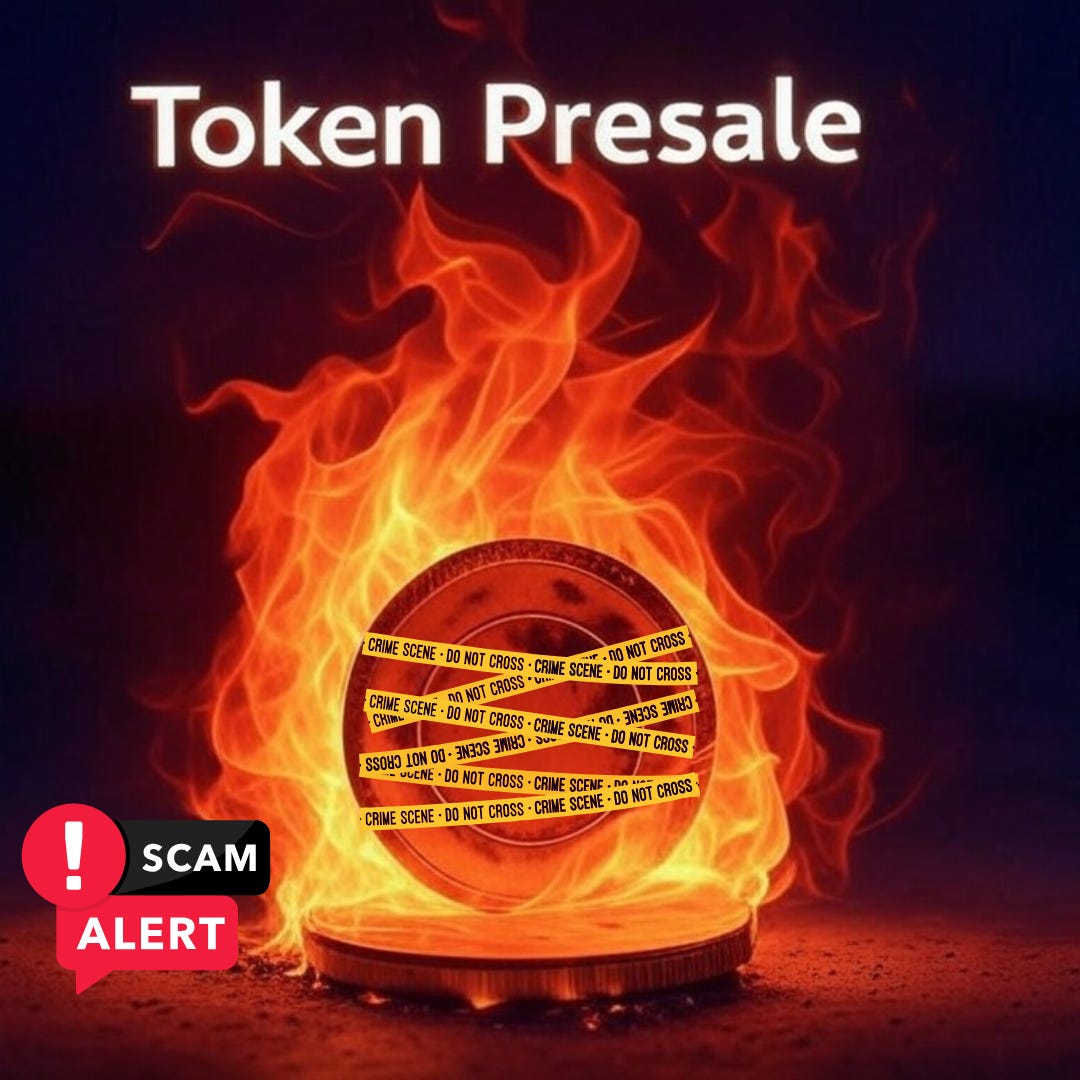The Wild West of Crypto Token Presales
Navigating Through Scams and Rug Pulls
In the fast-paced world of cryptocurrency, the allure of getting in on the ground floor of the next big project is strong. Every week, dozens of new crypto tokens are introduced through presales, promising high returns and revolutionary technology. However, beneath the surface of this excitement lies a treacherous landscape where scams and rug pulls are not just possible, but common.
Crypto presales are essentially early investment opportunities where tokens are sold before they hit public exchanges. This phase can be lucrative for genuine projects needing funds to develop their platforms. However, it's also a fertile ground for scammers. A significant number of these presales end up being fraudulent schemes, with investors left holding valueless tokens or nothing at all.
One of the most glaring signs of a potential scam is the presence of numerous, seemingly identical accounts on platforms like X (formerly Twitter) and Telegram. These bots often post uniformly enthusiastic messages about the project, lacking any real engagement or critical feedback. Their comments often sound like they've been generated by a language model (LLM), lacking personal touch or nuance. Another red flag is unresolved website bugs. Legitimate projects generally prioritize functionality and user experience. If a project's website is riddled with bugs that remain unaddressed for weeks, despite promises from moderators or admins that developers are on the case, it's a major red flag.
For every scam or rug pull, there are real people facing financial losses. The crypto community has become more vigilant, but new investors are often the most vulnerable. The promise of high returns can blind individuals to the warning signs, leading to hard-learned lessons in investment due diligence.
To protect yourself, thorough research is crucial. Go beyond the project's website. Look for independent reviews, check the team's background, and see if they have a track record in the industry. Engage with the community on various platforms. Genuine excitement is diverse and nuanced, not uniform and repetitive. If you have the skill, or know someone who does, check the smart contracts or codebase. Transparency in these areas can be a good sign.
While crypto presales offer a pathway to potentially rewarding investments, they equally serve as a playground for opportunistic scams. The key to navigating this landscape isn't just about spotting scams but about fostering a culture of critical engagement and thorough vetting. As the crypto market matures, one hopes these scams will become less prevalent, but for now, investor beware.


